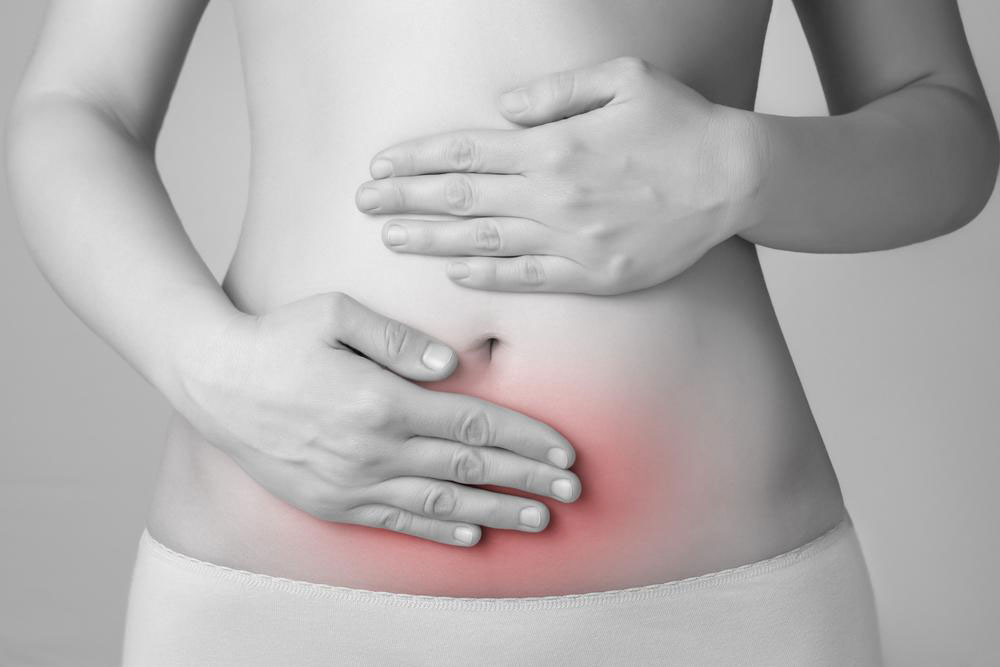Recognizing Early Pregnancy Signs and Symptoms: A Comprehensive Guide
Discover the comprehensive guide to early pregnancy signs and symptoms. Learn about fatigue, breast changes, implantation bleeding, nausea, food cravings, mood swings, and headaches. Early detection can help you start prenatal care sooner. Understand what to watch for and when to consult your healthcare provider during the initial weeks of pregnancy for a safe and healthy pregnancy journey.

Key Indicators and Symptoms of Early Pregnancy
Embarking on the journey of pregnancy marks a significant milestone in a woman's life, signifying the development of a new life within her womb. Detecting early signs of pregnancy is crucial for expectant mothers to seek timely medical advice, ensure the health of both mother and baby, and prepare for the upcoming changes. While some symptoms are widely recognized, such as morning sickness, many other early indicators may go unnoticed or be mistaken for other conditions. This detailed guide aims to provide a comprehensive overview of the most common and subtle signs that suggest pregnancy in its initial stages.
Understanding the earliest indicators not only helps in confirming pregnancy but also aids in monitoring the body's responses to hormonal changes and physiological adjustments. Let's explore the key symptoms that often appear during the first few weeks after conception.
Severe Fatigue and Exhaustion
Fatigue is among the earliest and most persistent symptoms of pregnancy. Elevated levels of progesterone play a significant role, inducing feelings of drowsiness and persistent tiredness. Additionally, the body's increase in blood volume, along with blood sugar fluctuations, drains energy, making even routine activities feel exhausting.
Breast Changes: Tenderness, Swelling, and Sensitivity
Around two weeks after conception, hormonal shifts—particularly increases in estrogen and progesterone—lead to noticeable changes in the breasts. Expect sensations of tenderness, swelling, or sensitivity in the breast tissue. These changes are often accompanied by darkening of the areolas. If the discomfort persists, it’s advisable to consult a healthcare professional to rule out any other issues.
Implantation Bleeding
A subtle sign that often confuses women is implantation bleeding, which occurs when the fertilized egg attaches itself to the uterine lining. This typically happens between 10 to 14 days after fertilization. The bleeding is usually light, characterized by pink or brownish discharge, and occurs with minimal pain. Recognizing this as a sign of pregnancy can be helpful for early detection.
Nausea and Morning Sickness
One of the most recognizable early pregnancy symptoms is nausea, commonly termed morning sickness. Although it often begins around two weeks after conception, it can occur at any time of day. Elevated estrogen levels slow gastric emptying, leading to feelings of nausea, food aversions, and sometimes vomiting. While morning sickness can be distressing, it remains a normal part of early pregnancy.
Changes in Food Preferences: Aversions and Cravings
The hormonal surge during early pregnancy often results in sudden aversions to certain foods and intense cravings for others. Commonly, women might dislike foods they previously enjoyed or develop a hankering for specific flavors like sour or salty. These symptoms are thought to be related to hormonal modifications affecting taste and smell receptors.
Emotional Fluctuations and Mood Swings
Rapid hormonal changes impact neurotransmitter activity, leading to mood swings, irritability, or emotional sensitivity. Pregnant women might find themselves crying unexpectedly or feeling unusually euphoric. While emotional responses are normal, persistent mood disturbances should be discussed with a healthcare provider.
Headaches and Dizziness
Increased blood flow, hormonal fluctuations, and changes in blood pressure can cause frequent mild headaches or feelings of dizziness. These symptoms are common but should be monitored, especially if they become severe or persistent. Consulting a healthcare professional before taking medication is essential to ensure safety during pregnancy.
Detecting these early signs can significantly aid women in confirming pregnancy before the typical clinic visits. It is important to maintain a healthy lifestyle, seek regular medical check-ups, and communicate any concerns with your healthcare provider. Every pregnancy is unique, and symptoms can vary widely among women. Early detection not only helps in managing symptoms effectively but also facilitates planning for prenatal care, proper nutrition, and a healthy pregnancy journey.
Ultimately, recognizing these signs can empower women with knowledge about their bodies and help them take proactive steps towards a healthy pregnancy. Remember, if you experience any unusual or severe symptoms, always seek professional medical advice promptly.





